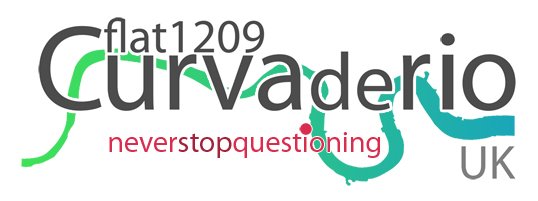Para aqueles que, como eu, sempre tem livros 'na fila' ou 'nao acabados'.
For those who, just like me, always have books 'to be read' or 'not finished yet'.
Livros lidos sao muito menos valiosos do que os nao lidos. Uma biblioteca deveria conter justamente o que voce nao sabe!
Com o tempo, e com quanto mais voce ler, mais e mais livros farao parte da biblioteca de desconhecimento, a "anti-biblioteca".
Tendemos a encarar nosso conhecimento como uma propriedade. Como algo que nos eleva em uma categoria qualquer.
[livremente adaptado e traduzido da introducao de "The Black Swan: The Impact of the Highly Improbable"]
The writer Umberto Eco belongs to that small class of scholars who are encylopedic, insightful, and nondull. He is the owner of a large personal library (containing thirty thousand books), and separates visitors into two categories: those who react with “Wow! Signore professore dottore Eco, what a library you have! How many of these books have you read?” and the others - a very small minority - who get the point that a private library is not an ego-boosting appendage but a research tool. Read books are far less valuable than unread ones. The library should contain as much of what you do not know as your financial means, mortgage rates, and the currently tight read-estate market allows you to put there. You will accumulate more knowledge and more books as you grow older, and the growing number of unread books on the shelves will look at you menacingly. Indeed, the more you know, the larger the rows of unread books. Let us call this collection of unread books an antilibrary.[quoting "The Black Swan: The Impact of the Highly Improbable"]
We tend to treat our knowledge as personal property to be protected and defended. It is an ornament that allows us to rise in the pecking order. So this tendency to offend Eco’s library sensibility by focusing on the known is a human bias that extends to our mental operations. People don’t walk around with anti-resumes telling you what they have not studied or experienced (it’s the job of their competitors to do that), but it would be nice if they did. Just as we need to stand library logic on its head, we will work on standing knowledge itself on its head. Note that the Black Swan comes from our misunderstanding of the likelihood of surprises, those unread books, because we take what we know a little too seriously.
Let us call this an antischolar - someone who focuses on the unread books, and makes an attempt not to treat his knowledge as a treasure, or even a possession, or even a self-esteem enhancement device - a skeptical empiricist.
"I am not young enough to know everything." — Oscar Wilde

No comments:
Post a Comment